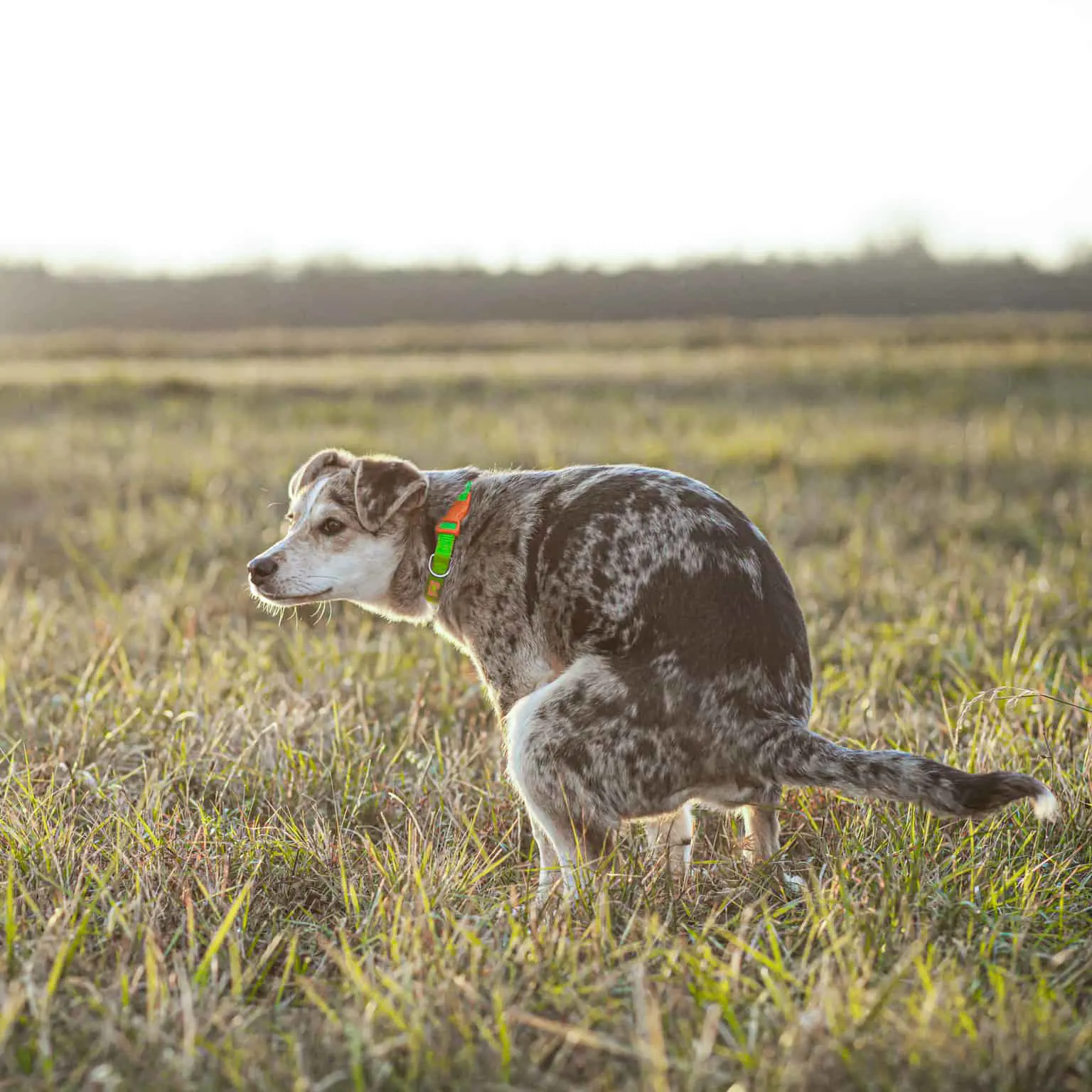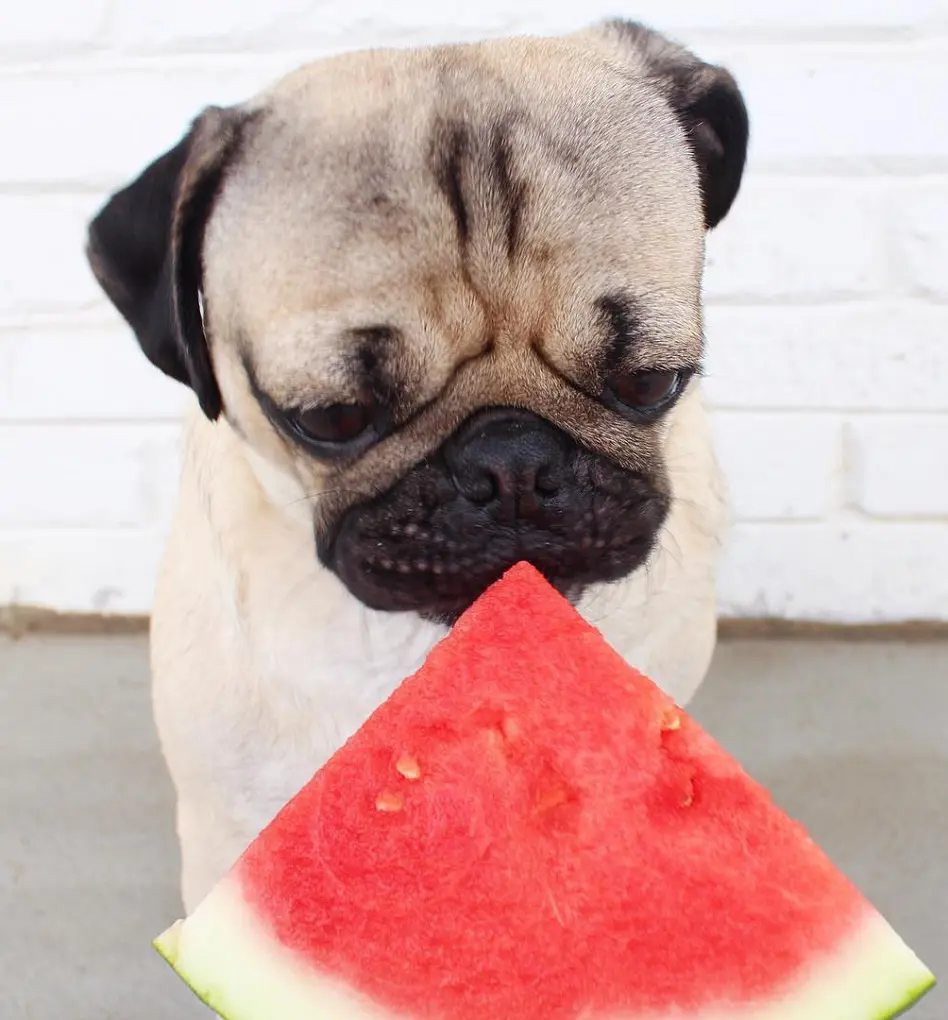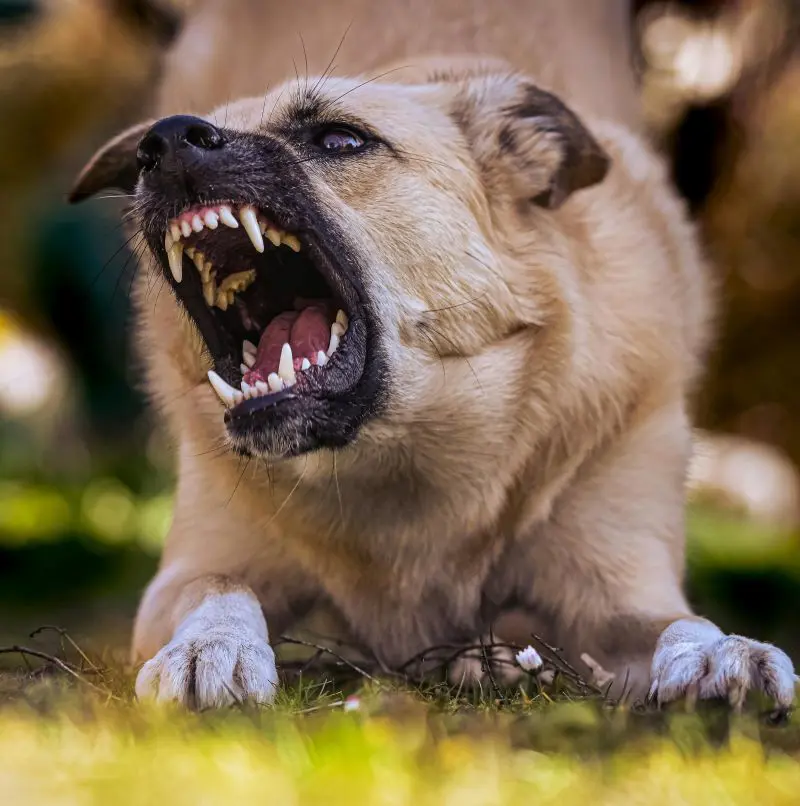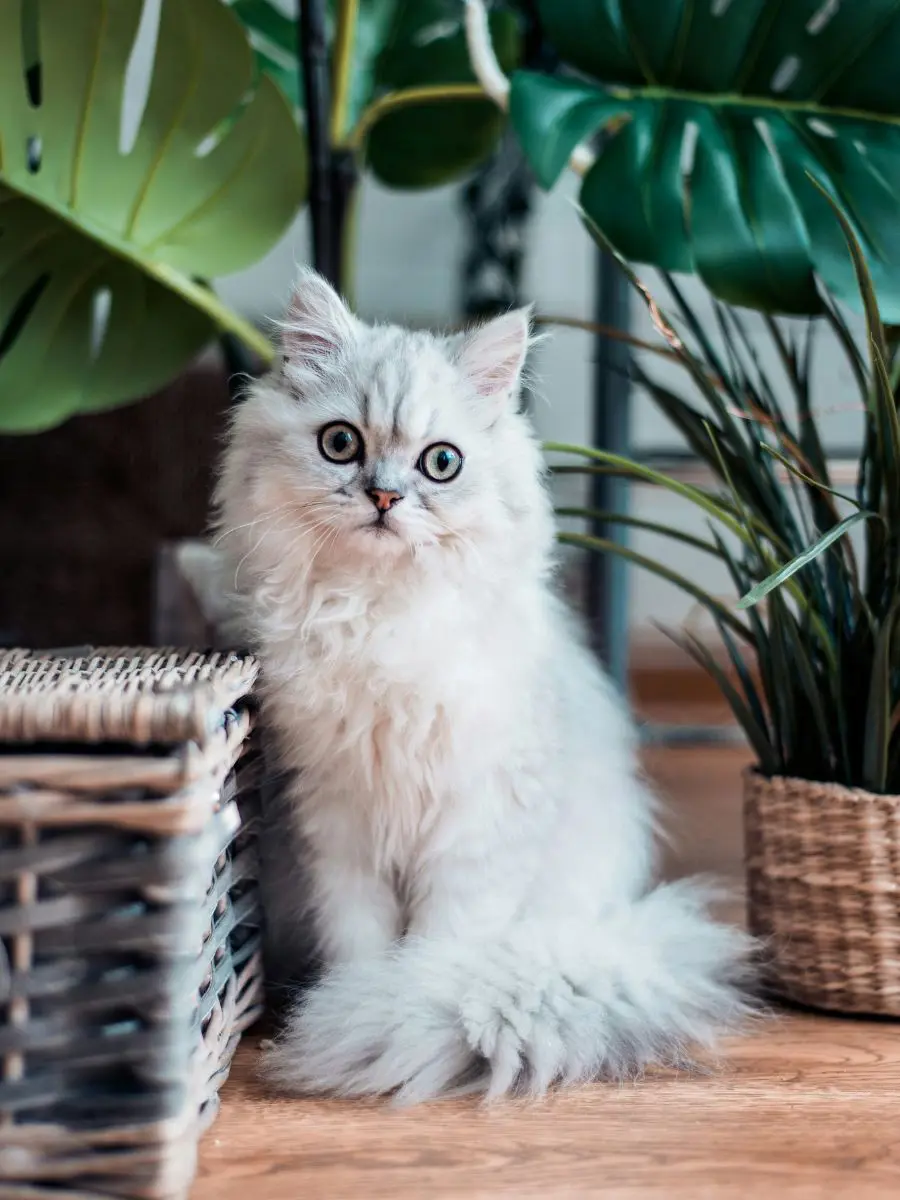Golden Retriever and Poodle Mix: Breed Information And Characteristics

With the rise in demand for hybrid dogs, the Golden Retriever and Poodle Mix have been highly sought out as a house pet. Besides its friendly demeanor and hypoallergenic coat, the breed is also brilliant. Its parent breeds - Poodle and German Shepherd, are considered the second and fourth smartest dogs, respectively.
Perfect for families and homes with limited living space, the Golden Retriever and Poodle Mix impresses with its playful and gentle nature. Here's what you need to know about his cute hybrid canine.
Overview
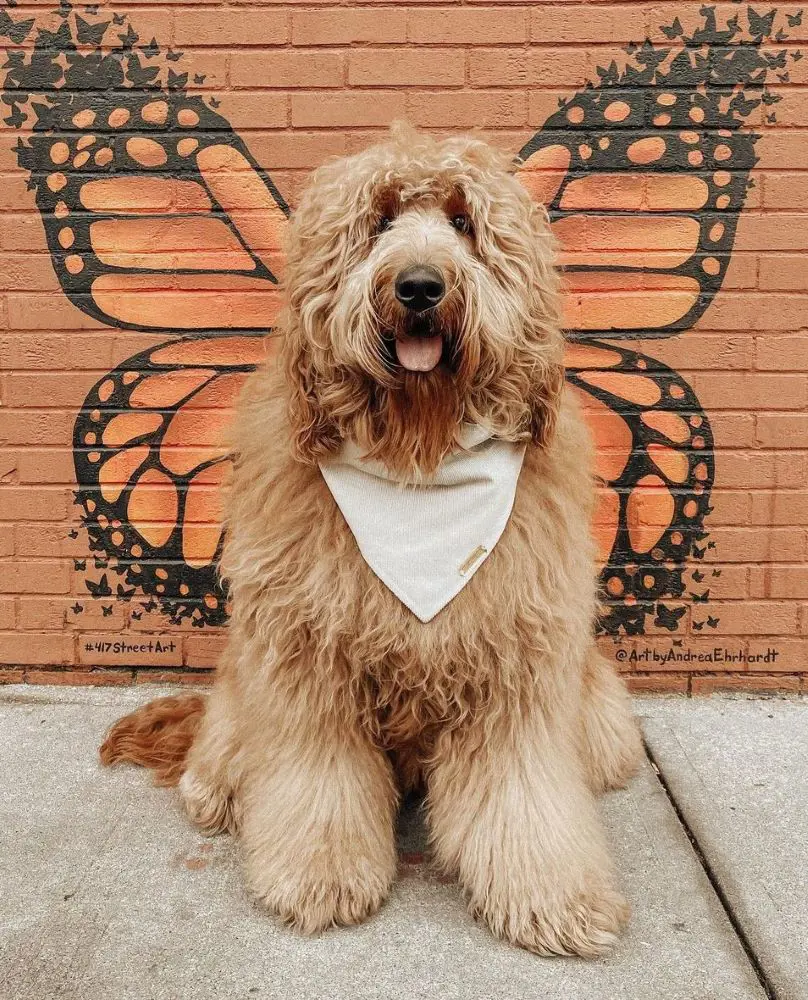
- Height: 20-24 inches (50-61 cm)
- Weight: 50-90 pounds (22-41 kg)
- Coat Type: Wavy, Curly, or Straight
- Colors: Cream, Apricot, Gold, Red, Black, Chocolate, Grey, and Parti-color
- Origin: United States
- Average Lifespan: 10-15 years
Often referred to as a "goldendoodle," this hybrid variety showcases a blend of the distinctive features of both parent breeds. Size varies considerably, influenced by whether the Poodle parent is a standard, miniature, or toy. Standard goldendoodles typically range from 50 to 90 pounds and stand 20 to 24 inches tall, while miniatures weigh 15 to 45 pounds and stand 13 to 20 inches tall.
This mixed dog usually has large, round, and expressive eyes that come in shades of brown. Likewise, the head is well-proportioned, with a moderately broad skull. Goldendoodles have a well-defined stop (the area between the forehead and the muzzle), and their muzzle is straight and not too long.
Additional unique characteristics of the breed include its well-proportioned and athletic build. These cute creatures inherit the Golden Retriever's sturdy structure with the Poodle's elegance. Their long and feathered tails also significantly contribute to their overall appearance.
Golden Retriever And Poodle Mix Origin And History
This hybrid breed was developed in the 1990s in North America and Australia. Breeders aimed to combine the Golden Retriever's friendly and gentle temperament with the Poodle's intelligence and low-shedding coat. The breeding initiative was inspired by the early success of the Labradoodle, created as a hypoallergenic guide dog. The Goldendoodle quickly gained popularity for its desirable traits, making it a beloved family pet.
Breeders started developing the Golden Retriever-Poodle mix to inherit the friendliness, loyalty, and gentle nature of Retrievers along with the intelligence and hypoallergenic coat of Poodles. The combination of these traits results in a dog that is loving and sociable, easy to train, and suitable for people with allergies.
The hybrid witnessed a sudden demand surge in the US and other Western nations in the 2000s. This rise in popularity was largely due to the breed's hypoallergenic coat, inherited from the Poodle.
Personality And Traits

If you were to describe the Goldendoodle, it would be "affectionate." These gentle creatures adapt well as valuable members of their family.
This hybrid is perfect for families with small kids. It is very considerate and friendly. They tend to be gentle and patient, which is important when interacting with younger children. Similarly, these dogs also have a playful nature that can match the energy levels of kids.
Here are some crucial aspects of the Goldendoodle's temperament:
1. Affectionate
The Golden Retriever and Poodle mix dog thrives on human interaction and enjoy being close to their family members. This trait makes them excellent companions who provide constant love and emotional support.
Its affectionate demeanor also means the Goldendoodle is likely to follow its owners around the house, seeking cuddles and attention. This loving nature is particularly beneficial for families as these dogs often form strong bonds with all family members.
2. Intelligent
Thanks to their Poodle heritage, Goldendoodles are highly intelligent dogs. They excel in learning new commands and tricks, and they enjoy mental stimulation. This intelligence makes them quick learners, which can be a significant advantage in training.
The mixed breed often performs well in obedience classes and agility training. Its cognitive abilities also mean that it can be trained for various roles, such as therapy or assistance dogs. This ensures that they are not only smart but also adaptable to different environments and tasks.
3. Playful
These pooches are excellent playmates for children and active individuals. They enjoy various activities, such as fetch, running, and playing with toys. Their playful nature helps them bond with their family and keeps them engaged and happy.
Additionally, this breed has high energy levels that require regular exercise to stay healthy and content. This characteristic makes them suitable for families who enjoy outdoor activities and want a dog that can keep up with their active lifestyle.
4. Sociable
Besides humans, the Golden Retriever And Poodle mix gets along well with other dogs and pets. These dogs are also friendly towards strangers, which can make them less effective as guard dogs but excellent companions in social settings.
Their sociable nature implies that these dogs are likely to be well-behaved in public places and during family gatherings.
5. Loyal
Loyalty is a defining trait of the hybrid canine breed. They form strong bonds with their owners and are known for their unwavering devotion.
These dogs often show their loyalty by staying close to their family members, displaying protective behaviors, watching over their loved ones, and alerting them to potential dangers. These canines have not just loving companions but also dedicated and reliable family members.
Golden Retriever and Poodle Mix Care
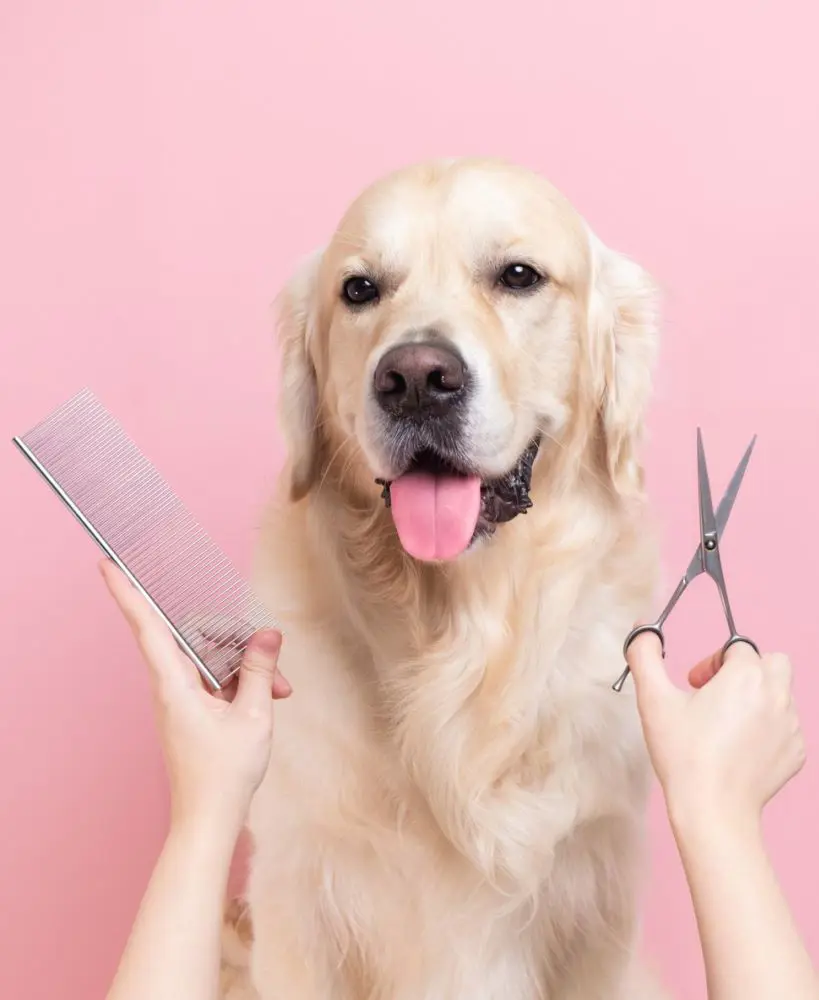
Goldendoodles should be groomed every 6-8 weeks, with regular brushing 3-4 times a week to prevent matting. Their coats, typically wavy or curly, can become tangled and matted without consistent care.
Likewise, these dogs are also at risk of skin irritation and infections if not regularly groomed. These are some of the major aspects of grooming a Golden Retriever and Poodle mix:
Coat Care
- Brush their coat 3-4 times a week to prevent tangles and mats. Focus on areas prone to matting, like behind the ears and under the legs.
- Bathe your Goldendoodle every 4-6 weeks with a mild dog shampoo. Thoroughly rinse and dry them after bathing.
- Schedule professional grooming sessions every 6-8 weeks for haircuts, typically opting for a manageable "teddy bear" trim.
Ear Care
- Clean their ears at least once a week. Use a vet-approved ear cleaner and cotton balls or pads.
- Hold your Goldendoodle’s head gently to keep it still. Then, apply the ear cleaner according to the product instructions.
- Gently massage the base of the ear to help the cleaner reach deeper.
- Use a cotton ball or pad to wipe away dirt and excess cleaner from the ear flap and outer ear canal.
- Dry up the ears to prevent moisture buildup. Regularly check for signs of redness, discharge, or odor, and consult a vet if any issues are noticed.
Nail Care
- Trim your Goldendoodle nails every 3-4 weeks. Long nails can cause discomfort and lead to issues with walking.
- Use dog nail clippers or a grinder, and be cautious not to cut too close to the quick, which can cause bleeding and pain.
- Regularly check the nails for cracks or splits and address any issues promptly.
Dental Care
- Brush their teeth 2-3 times a week. Use a dog-specific toothbrush and toothpaste.
- Gently lift the dog’s lips and brush in small, circular motions.
- Provide dental chews to help reduce plaque and tartar buildup.
- Timely inspection for signs of dental issues like bad breath, red gums, or plaque.
Skin Care
- Regularly check for symptoms of irritation, redness, dryness, or parasites like fleas and ticks.
- Use vet-recommended flea and tick preventatives to protect the skin from infestations.
- Provide a balanced diet rich in omega-3 and omega-6 fatty acids.
- Provide easy access to fresh water to keep their skin hydrated.
- Consult a vet about skin supplements if necessary, such as fish oil for a healthy coat and skin.
Miniature And Toy Golden Retriever-Poodle Mix

Besides the Standard variety, this hybrid is also bred as Miniature and Toy dogs. This classification is based on their size difference, with Toy being the tiniest.
Miniature Goldendoodle
The Golden Retriever and Poodle Mix miniature is created by crossing a Golden Retriever and a Miniature Poodle. They generally weigh between 15 and 45 pounds and stand 13 to 20 inches tall. This variety is perfect for families or individuals living in smaller homes or apartments as they require less space compared to their standard counterparts.
Miniature goldendoodles retain the friendly and affectionate temperament of the breed. Their manageable size and hypoallergenic coat make them an attractive choice for those looking for a smaller dog that doesn't shed much.
Toy Goldendoodle
The Toy Goldendoodle is the smallest variety, resulting from the mix of a Golden Retriever and a Toy Poodle. They typically weigh between 10 and 25 pounds and stand about 10 to 15 inches tall.
Due to their compact size, the toy variety is ideal for city dwellers or those with limited living space. They possess the same loving and friendly nature as the larger varieties. Their small size also makes them easier to manage and transport.
Common Health Issues
Golden Retrievers and Poodle mixes benefit from their hybrid vigor, which often reduces the incidence of inherited diseases seen in purebreds. However, they can still inherit health issues from their parent breeds.
Common concerns include hip dysplasia, progressive retinal atrophy (PRA), heart disease, and allergies.
Hip Dysplasia
Hip dysplasia is a genetic condition where the hip joint doesn’t fit snugly into the hip socket, causing instability and pain. In Goldendoodles, this condition can be inherited from either parent breed. Rapid growth, excessive weight, and high-impact activity can exacerbate the condition, increasing the risk of joint degeneration.
Treatment: While there is no cure for hip dysplasia, various treatments can manage the condition effectively. Treatment options include pain management through medications, weight management to reduce stress on the joints, and physical therapy to maintain mobility.
In severe cases, surgical interventions such as hip replacement or femoral head ostectomy might be necessary. Similarly, regular trips to the vet are crucial for early diagnosis.
Progressive Retinal Atrophy (PRA)
PRA is a genetic condition that this hybrid inherits from one of its parent breeds. It affects the eyes, leading to gradual deterioration of the retina. Initially, affected dogs may experience night blindness, difficulty navigating in low light, and a gradual decrease in daytime vision.
PRA is caused by mutations in specific genes responsible for retinal health which can cause the degeneration of photoreceptor cells. While there is no cure for this disorder, its progression can be managed to some extent.
Treatment: Nutritional supplements containing antioxidants may support retinal health, though they do not stop the disease's progression. Likewise, genetic testing for breeding dogs can help prevent PRA by avoiding the breeding of carriers.
Heart Diseases
Common heart diseases in this mixed breed include dilated cardiomyopathy (DCM) and mitral valve disease (MVD). DCM involves the heart's inability to pump blood effectively, whereas MVD affects the heart's mitral valve.
Both conditions are severe and potentially life-threatening to canines. While DCM enlarges and weakens the heart, MVS causes blood leakage.
Treatment: Treatment options vary, but often include medications to manage symptoms and improve heart function, such as ACE inhibitors, beta-blockers, and diuretics. For breeds prone to heart issues, regular cardiac screening is recommended.
Allergies
Goldendoodles are prone to various allergies, including environmental allergies (pollen, dust mites), food allergies (certain proteins or grains), and contact allergies (shampoos, cleaning products). Symptoms typically include itching, redness, ear infections, gastrointestinal issues, and skin infections.
Treatment: Managing allergies involves identifying and avoiding allergens. Environmental allergies, frequent baths, and regular grooming can help remove allergens from the coat. Antihistamines and prescription medications like corticosteroids can reduce symptoms.
Moreover, food allergies require an elimination diet to identify and avoid problematic ingredients. Hypoallergenic diets or special food formulations can help.
Golden Retriever and Poodle Mix Price
A Golden retriever and Poodle mix for sale can cost you anywhere between $750 to $2,900. This huge variation in its price is due to factors like the breeder's reputation, location, and the dog's lineage. Reputable breeders who conduct health screenings and provide pedigree information tend to charge higher prices.
Beyond the initial purchase price, owning a Goldendoodle incurs several additional expenses. Initial medical costs, including vaccinations, spaying/neutering, and microchipping, can total around $500 to $1000. Similarly, veterinary care and preventive medications can cost a dog owner approximately $300 to $600 per year.
Quality food and supplies, such as bedding, toys, and training equipment. Considering these factors, the annual cost of owning a Goldendoodle can range from $1500 to $3000. can add another $500 to $1000 per year.
Golden Retriever and Poodle Mix Puppies

The average litter size for a Goldendoodle normally ranges from 4 to 8 puppies. These puppies are born with a soft, wavy, or curly coat that can range in color from golden, cream, and apricot, to red. At birth, their eyes and ears are closed, opening after about two weeks.
You can begin training your Goldendoodle puppies as early as 8 weeks old. Start with basic commands, socialization, and housebreaking. Their intelligence and eagerness to please make them quick learners, making early training highly effective.
Regarding their nutritional requirements, the Golden Retriever and Poodle mix puppies need 3-4 meals a day to support their growth and energy needs. Their meals should consist of high-quality puppy food rich in protein, healthy fats, vitamins, and minerals to ensure balanced nutrition.
Recent posts
Dogs
Dog Poop Color Chart: How To Know Your Dog's Poo is Healthy
As strange as it might seem, your dog’s poop can reveal a lot about their overall health. By paying attention to the color, consistency, and frequency of your dog's stool, you can catch early warning signs of a wide range of health issues&mdash...
Is Watermelon Good For Dogs?
Watermelon can be a nutritious treat for dogs when given in moderation. Over 90% of the flesh is made up of water, which helps with hydration, especially in hot conditions. It also contains fiber for a healthy digestive system and important vitamins ...
Is Peppermint Oil Safe For Dogs? Benefits and Safety Tips
Essential oils are becoming famous among pet parents as they can be infused easily through the surface or by sniffing them in. Peppermint is an essential oil that has a good odor and various health advantages. The safety of this oil is a topic of con...
Dog Sleeping Positions And Their Meanings
The diverse sleeping dog positions of our furry companions unveil a fascinating tapestry of behaviors and emotions in the canine realm. From the classic Curler to the enigmatic Superman, each posture conveys a unique message about a dog's well-being ...
Why Is Your Dog Showing Aggression And How To Stop It
Dog aggression can be scary, but understanding the cause is the first step to solving it. Common reasons include fear, pain, or feeling threatened. It could also be due to anxiety from new individuals or canine friends, or even guarding food o...
The Lifespan of Dogs: What Every Pet Owner Should Know
Dogs are beloved companions, providing comfort, security, and joy to millions of households worldwide. One of the most common questions among dog owners and enthusiasts is, "How long do dogs live?" Understanding the lifespan of a dog involves conside...
